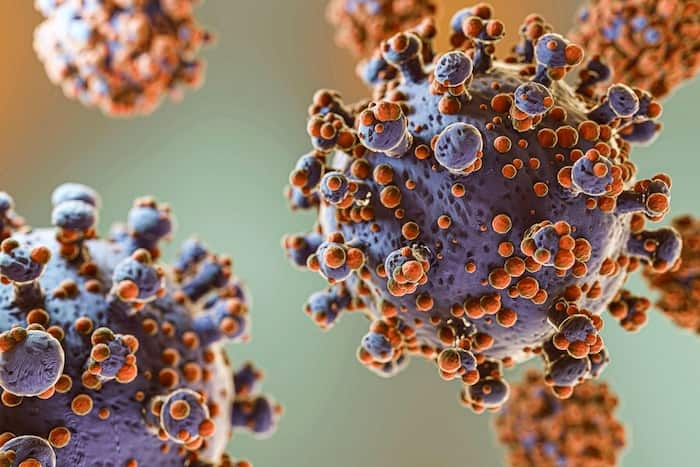Oropouche virus has caused its first two deaths in Brazil. Spreads primarily by mosquitos and midges, the virus causes symptoms similar to dengue. Read to know more!

Mosquito-borne infections are on the rise globally. From dengue to West Nile virus, the infections are spreading rapidly. A lesser-known disease Oropouche virus is in talks after it killed two young women from Baha in Brazil. The virus is spread by the bites of infected midges, a kind of small files, though it can also be transmitted via mosquitoes. Let’s understand more about this new-borne disease.
The virus was first detected in Trinidad and Tobago in 1955. It is believed that the virus may have brought from a forested area into an urban environment by an infected person. Since then, it has been associated with significant outbreaks and sporadic cases in tropical regions including Brazil, Peru, Haiti, Colombia and French Guiana. The pathogens spreads through mosquitoes like Culex quinquefasciatus, Coquillettidia venezuelensis, and Aedes serratus mosquitoes.
What Are The Symptoms?
Oropouche virus causes similar symptoms to dengue. It includes:
- Fever
- Muscle aches
- Stiff Joints
- Headache
- Vomiting
- Nausea
- Chills
- Sensitivity to Light
Can Oropouche Virus be Treated?
There is no cure for Oropouche so far with no specific antiviral drugs or vaccines available for the disease. To manage the disease, one should focus on controlling the symptoms with analgesics, antipyretics and adequate hydration.
Compared to other viruses such as dengue and chikungunya, Oropouche virus is considered little understudied. Researchers need to study the virus more to understand how it affects different kinds of people.

